
It’s not quite often we don’t come across people without teeth or dentures feasting on their fave dessert or a snack. Well, this does look common, especially in a household with elders around, there are sure some risks associated with it.
Though it does seem to be a problem-free everyday scenario, the risks intervened with them posses serious consequences.
Here is a list of reasons why you should never eat without teeth or stop someone you know from munching on their fave foods.
1) Gastrointestinal Complications
One of the key factors resulting in digestive problems starts with not chewing the food properly. Without breaking down the food into smaller particles, the passage of food down the small intestine will hinder the digestion process.
The unchewed food will become a powerhouse for the bacteria in the intestine. In order to avoid these, it is always advisable to chew your food properly with your teeth which will also increase the production of saliva.
2) Bone Loss
Bone loss is the second most common risk factor associated with eating without teeth or dentures. The accompanying jawline bone ridges may begin to disappear if you grind and bite with your gums.
Every time you eat without using your teeth, pressure is applied to the ridge, causing the jawbone to recede and perhaps causing irreversible bone loss. Furthermore, extensive restorative dental procedures are required in these situations.
3) Losing other teeth
The force used to chew food with teeth is different from the force used to bite into bare gums.
The jaw bone will deteriorate if you continue to eat without teeth and force your gums to work harder when chewing and swallowing. Due to this, the jawbone becomes less able to support the remaining teeth, which finally results in tooth loss.
4) Gum Problems
Our teeth are in charge of exerting enough pressure to chew food thoroughly enough to swallow. In general, human teeth can withstand a biting force of 200 to 250 pounds, but a denture can only withstand a force of less than 100 pounds.
This illustrates how eating without teeth makes the gums work harder to chew food. In these circumstances, chewing soft meals that don’t need a lot of power requires more effort from the gums.
The underlying tissues will get irritated when you chew with bare gums, which will cause discomfort, bleeding, and abrasion. The likely outcome of this is serious gum disease.
5) Not Producing Enough Saliva
Problems with digestion and dental hygiene are greatly influenced by saliva. The salivary glands create more saliva while you chew.
The germs and other disease-causing substances that are present in our mouths are flushed out by this increased salivary flow. An enzyme called amylase is also produced by the salivary glands and aids in digesting.
This indicates that ineffective chewing interferes with the process of salivation, leading to a variety of dental issues and indigestion.
Bottom Line
Teeth are crucial in the way your body breaks down food to acquire nutrients. Make an appointment with your dentist as soon as possible if you or someone you know is experiencing gum sensitivity, problems with your dentures, or dental implants.
Your dentist will be able to assist you in making your dentures simpler to apply, effectively installing dental implants, and making recommendations/providing remedies for treating sore gums.

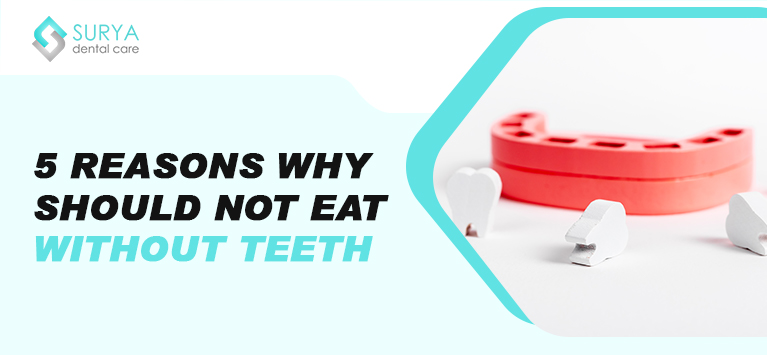

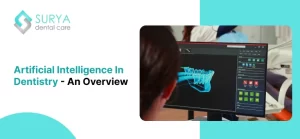
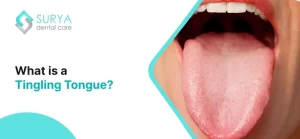
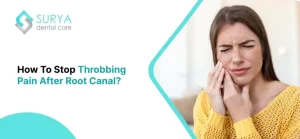
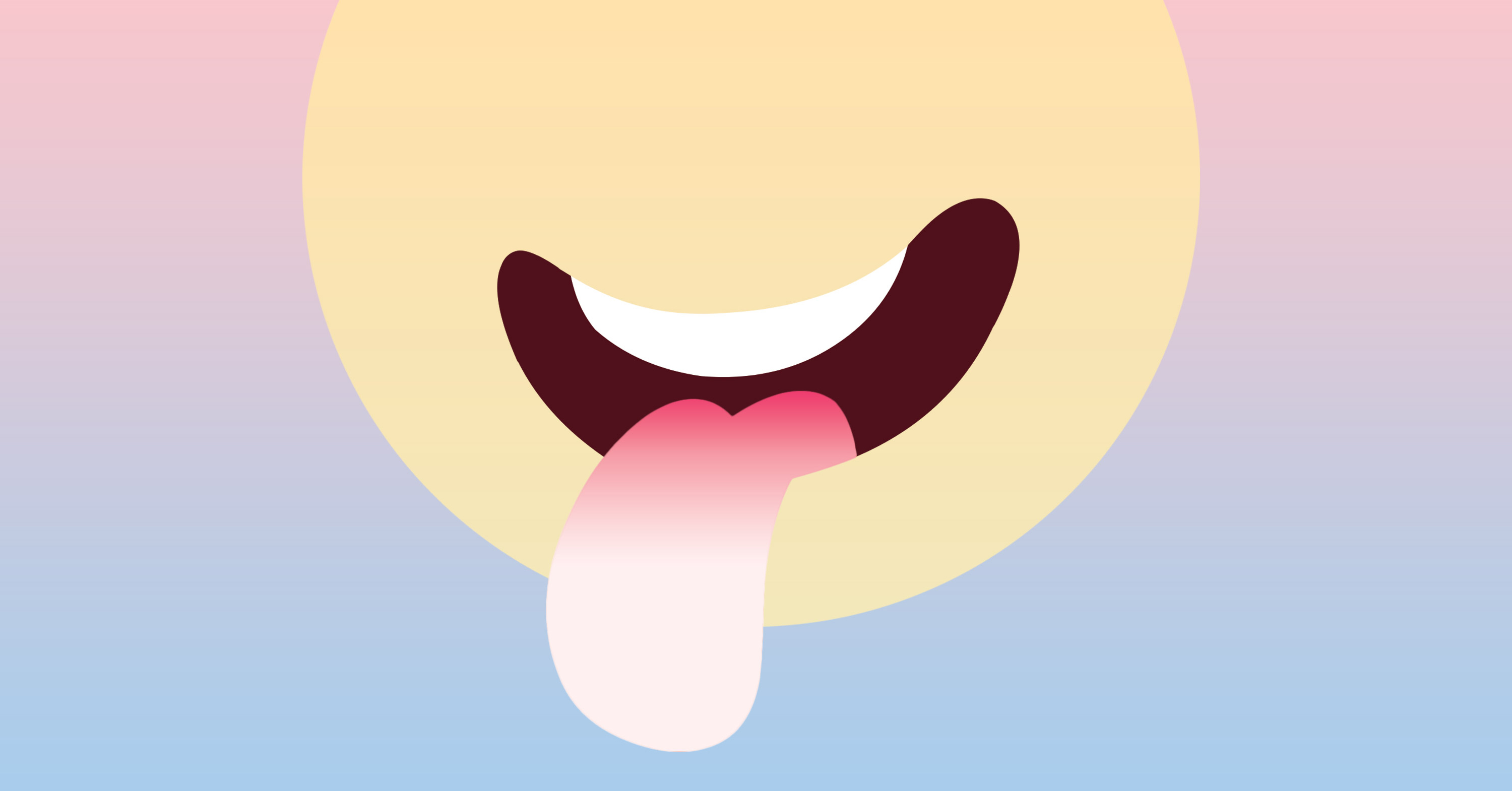

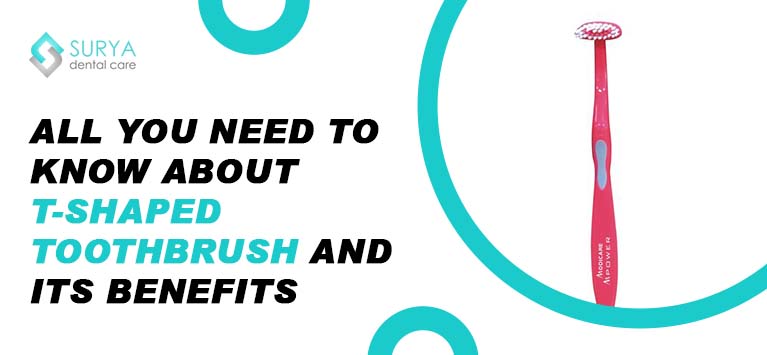
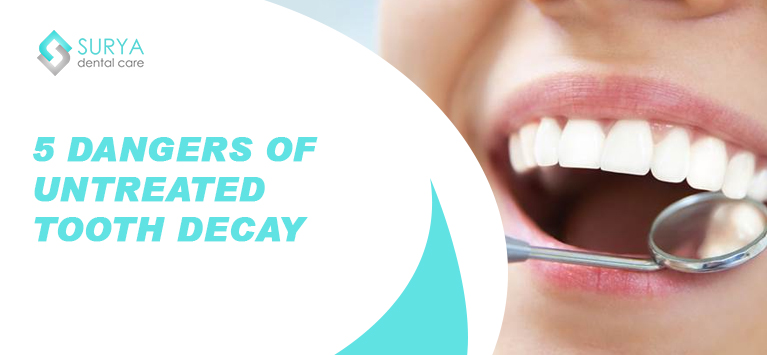
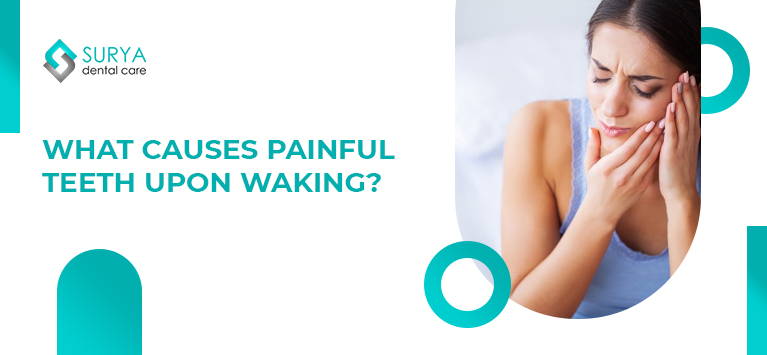
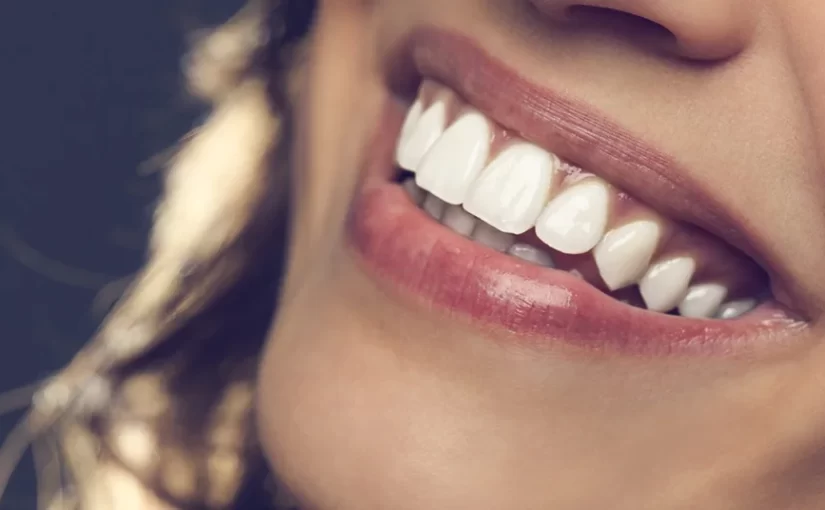
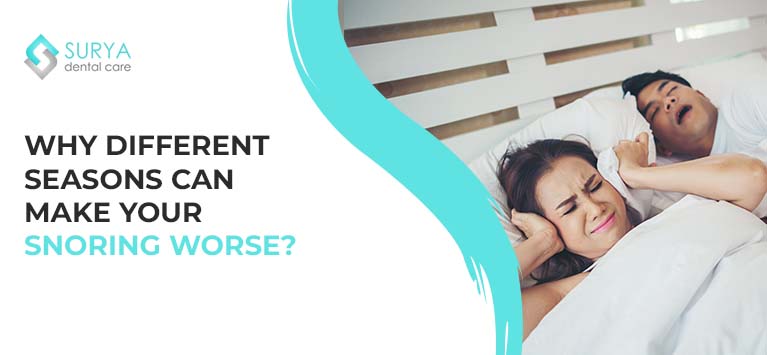
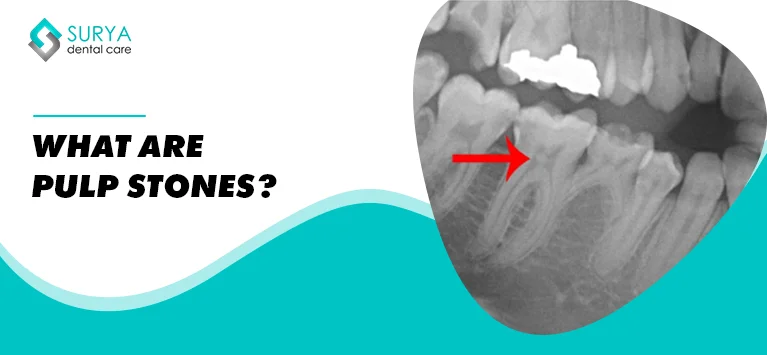
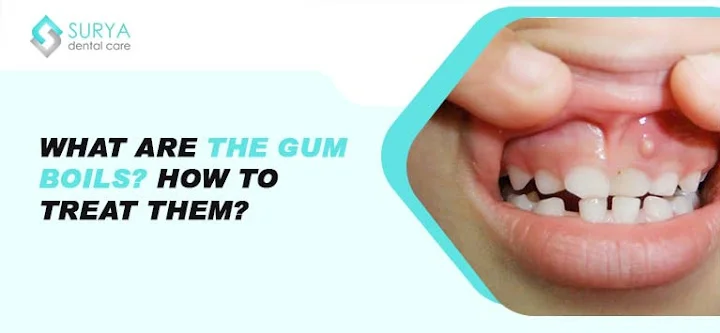
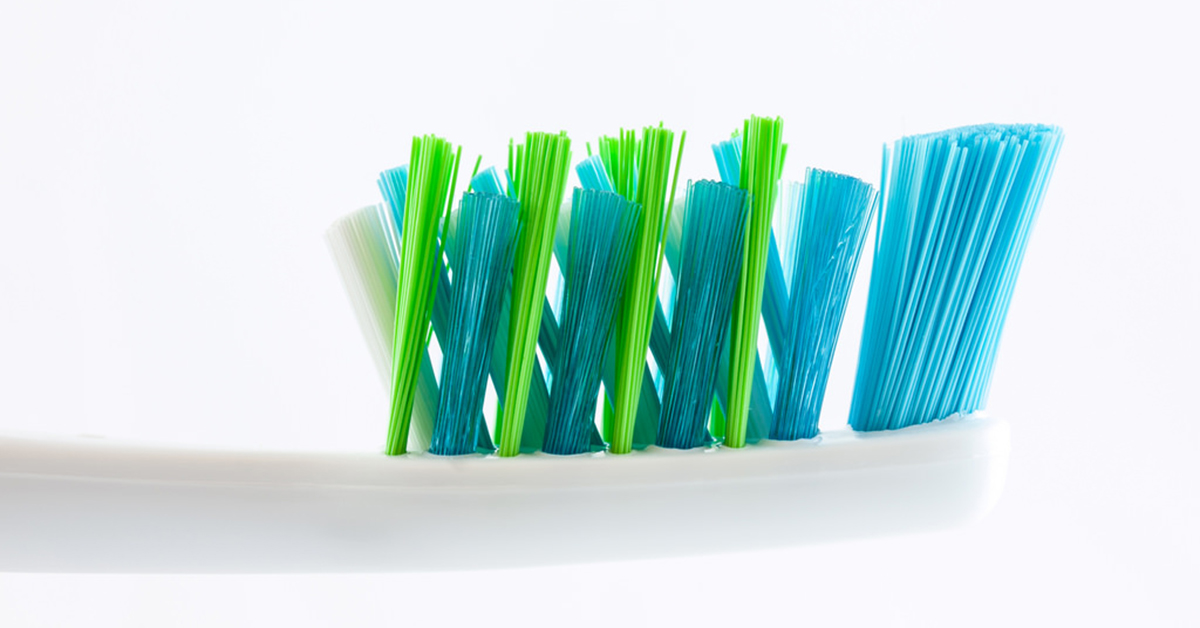
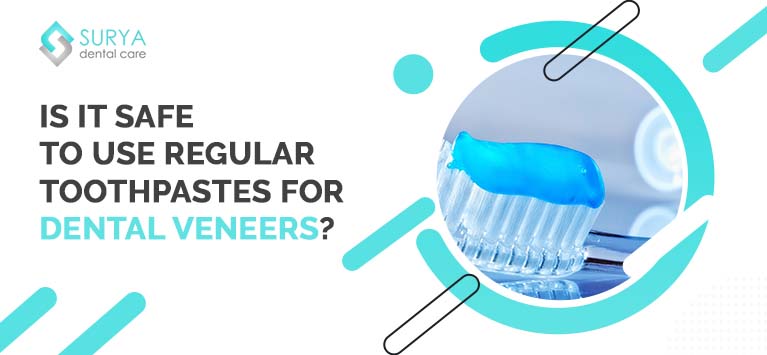

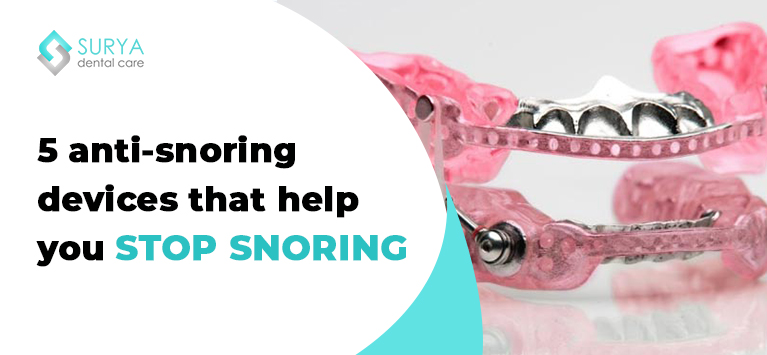


Leave a Comment